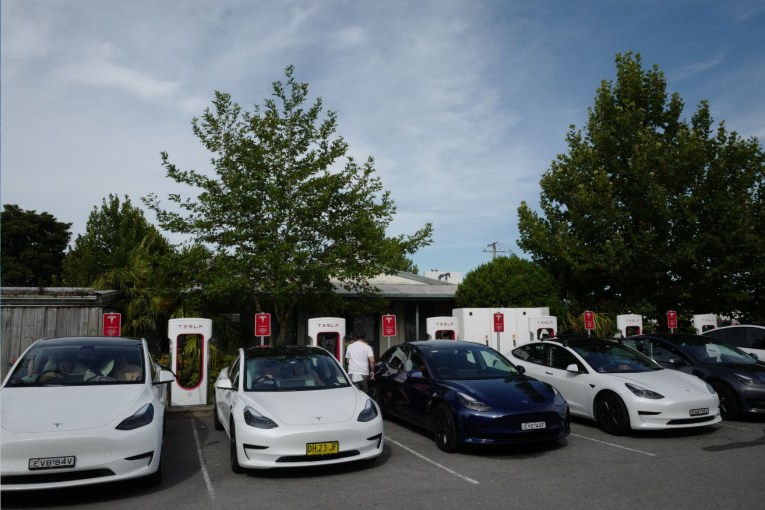Last child leaves Aussie immigration detention
The Federal Government has confirmed the last group of children held in mainland immigration detention have now been released into the community.
The children, including a 17-year-old, a toddler and a baby, were released from a facility in Darwin about 7pm on Friday, a spokeswoman for Immigration Minister Peter Dutton said.
• Why Stan Grant could be our next indigenous politician
• Man cops eight years jail
• Baby and toddler flung out of burning building
The children had been on the mainland while older family members received medical treatment.

Mr Dutton says he’s proud of what the government has done. AAP
They were due to return to detention on Nauru, but pressure from human rights groups appears to have influenced their fate.
Mr Dutton said it had been a significant accomplishment of his government that there were now no children in mainland detention centres.
“From a peak of 2,000 children in detention under Labor, today we have no children of boats in detention,” he told reporters in Brisbane.
“And that is a significant achievement of this government.”
However, he said applications regarding all the children now in the community still had to be determined by the government.
“Obviously Australia has one of the highest number of refugee settlement programs in the world,” he said.
“But we have a look at each case and if people aren’t owed protection, then we offer that place to someone who is owed protection and we don’t allow people to stay who haven’t been able to make a claim.
“We make sure that those people can return back to their country of origin as quickly as possible.”
About 50 children remain in detention on Nauru.
Children may still be forced to leave Australia
Prime Minister Malcolm Turnbull said it was a “great achievement” there were no more asylum seeker children in Australian detention centres.
But he said authorities are still mindful of the threat posed by people smugglers.

The Prime Minister says smugglers are ‘the worst criminals’.
“We’ve got to recognise that people smugglers are very agile, these are the worst criminals, but they’re very quick and they’re very agile,” he said.
Refugee advocates have welcomed the release of the children, but Natasha Blucher from the Darwin Asylum Seeker Support and Advocacy Network said their future is still uncertain.
“Because of the way the law is set up, because of Australia’s policy [and] because of their date of arrival in Australia they’re not eligible to apply for protection in Australia, so they do remain essentially in limbo until we see a change of legislation and a change of our policy,” she said.
Mr Dutton said some of the children released may still be forced to leave Australia pending the outcome of their claims.
“In some cases there are complicated family mixes and other elements, including whether or not ASIO may have an interest in a father or a brother, [or] if there are security concerns, or if there have been crimes committed in the community,” he said.
“They are very complex cases that we have to deal with and each of them is looked at on their merit individually.”







